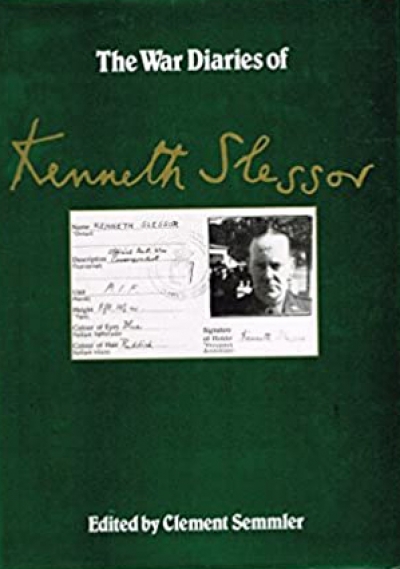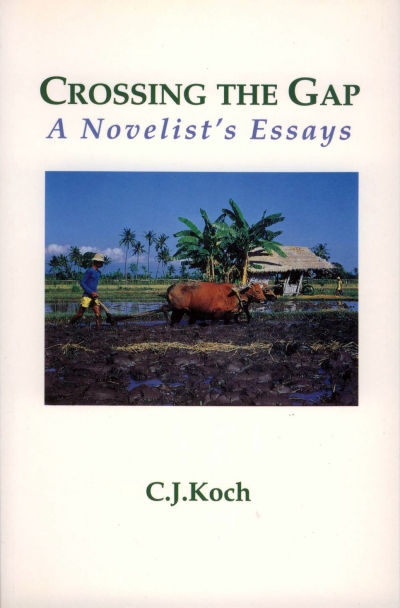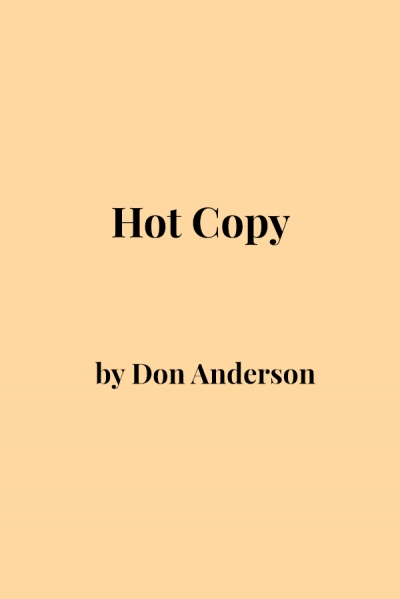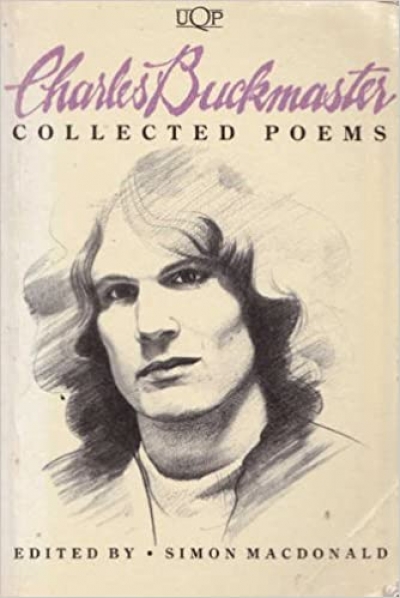Kevin Hart
Kevin Hart is a poet and academic who now teaches in the United States.
Many of our strongest writers are also numbered among our most commanding critics; and in some cases – Dryden, Johnson, Coleridge, and Eliot – it is not easy to tell whether their greater contribution is to literature or literary criticism. Part of the problem, of course, is that at this high level the distinction tends to break down: criticism becomes literature in its own right and often on ... (read more)
From the enlightenment to post-modernity, there has been one common rallying cry: ‘This is the age of criticism.’ Religious authority, natural rights and philosophical dogmatism have all been under critique for so long that criticism has almost come to seem natural, authoritative and is in danger of hardening into dogma. Little surprise, then, that outside the academy the word ‘criticism’ ... (read more)
All poets have two chances of being remembered. A few, the strongest of their age, compose a handful of poems that resist time and indifference. Many more never attain anything like poetic strength, yet their works are preserved because they embody a particular style or period. It is still too early to judge where Charles Buckmaster will be placed in the ranks of Australian literature. Already, th ... (read more)




